For a breakthrough that helps explain universal mysteries, Francois Englert wins the 2013 Nobel Prize in physics, speeding the rise of Chapman’s Institute for Quantum Studies.
Theoretical physicist Francois Englert explores in a realm with a scale of one billionth the size of an atom, and his breakthrough theory involves a device that’s 18 miles in circumference. Perhaps that’s why it can be hard for non-scientists to get their arms around the magnitude of his impact.
But at its core, his work is elemental. Englert, founding member of the Institute for Quantum Studies at Chapman University, helped develop a theory to explain the very origin of mass, allowing physicists to solve some of the deepest mysteries of the universe. And after many decades of painstaking work, the Brout Englert-Higgs Boson particle was confirmed thanks to what many are calling the most spectacular experiment ever performed, using the largest device in the world, a particle accelerator.
In recognition, Englert was awarded the 2013 Nobel Prize, which puts him in the company of earth-shakers such as Einstein, Bohr and Curie. It’s no wonder then that when Englert was notified of the award at his home in Belgium and asked how it feels to win a Nobel, he answered, “Well, you may imagine that this is not very unpleasant.”
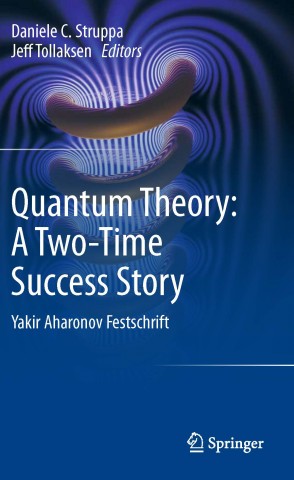
Englert accepted the prize from the King of Sweden during a ceremony Dec. 10 in Stockholm. The honor caps a dynamic first year in the life of Chapman’s Institute for Quantum Studies, which now is home to three Nobel-winning Distinguished Visiting Professors: Englert, Sir Anthony Leggett and David Gross.
The institute already has hosted several high-profile conferences, bringing together some of the top minds in a field of study that’s at the heart of many technological advances, from the transistor to smartphones to satellites. Recently the institute launched a new journal called
Quantum Studies
and released a cutting-edge research book titled
Quantum Theory: A Two-Time Success Story
(featured in
Chapman Magazine’s winter 2014 Bookshelf
), both edited by Chapman Chancellor Daniele Struppa and Professor Jeff Tollaksen, director of the institute. “One of the institute’s goals is to continue to foster major scientific breakthroughs that can transform our future,” Tollaksen said. “Institute members are world renowned for addressing both the deepest puzzles that confront our understanding of the universe and for developing new, practical applications identified as critical by many government agencies.”
U.S. Secretary of Energy Steven Chu, himself a Nobel laureate and participant in the December ceremony in Stockholm, has called the research performed at the Chapman institute “important to the strength of the nation.” That research includes a new field called “quantum cryptography,” which touches issues of national security, individual privacy and protection of the nation’s power grid.
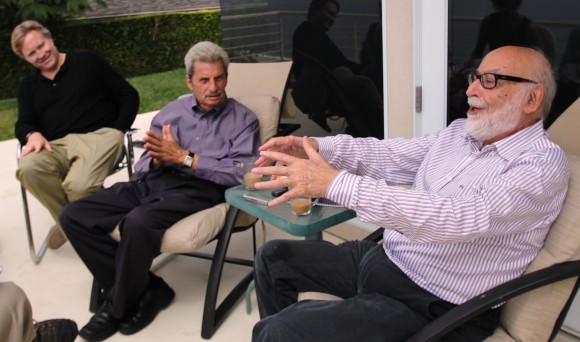
At Chapman, Englert works with Institute for Quantum Studies colleagues Yakir Aharonov, center, and Jeff Tollaksen, left. Englert’s current work is on Aharonov’s groundbreaking theory of weak values.
As for Englert, he’s working on a theory of weak values first proposed by Yakir Aharonov, renowned professor of theoretical physics at Chapman. For his own groundbreaking work, Aharonov has been awarded the National Medal of Science.
As a Nobel laureate at Chapman, Englert also joins Vernon L. Smith, professor of economics and law and founding member of Chapman’s Economic Science Institute, who won the 2002 Nobel in Economics; and Elie Wiesel, Chapman Presidential Fellow, acclaimed author, human rights advocate and Holocaust survivor, who received the Nobel Peace Prize in 1989.
>>MORE: Watch a presentation by Francois Englert explaining the Brout-Englert-Higgs Boson particle and its importance beyond just the realm of physicists.
>>LEARN: Takes courses on Chapman’s iTunes U, which covers the fundamental aspects of quantum physics and features 40 of the leading physicists from around the globe, including several Nobel laureates and Francois Englert, Ph.D., co-discoverer of the Brout-Englert-Higgs Boson particle. Don’t have iTunes? View videos from the 2012 YA80 Conference.
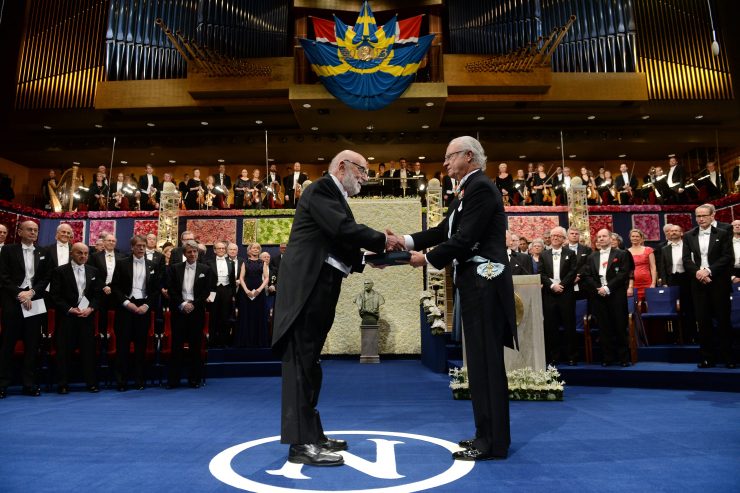
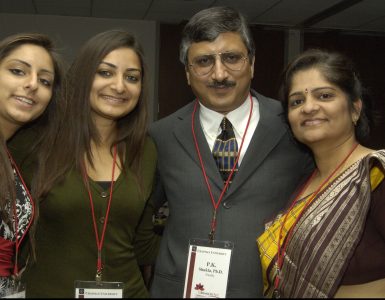
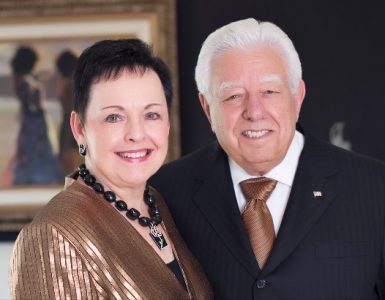
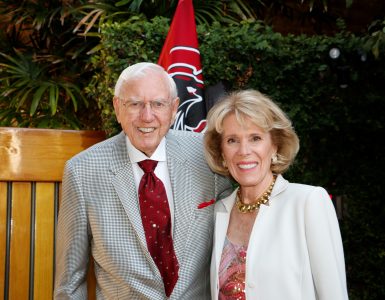

Add comment